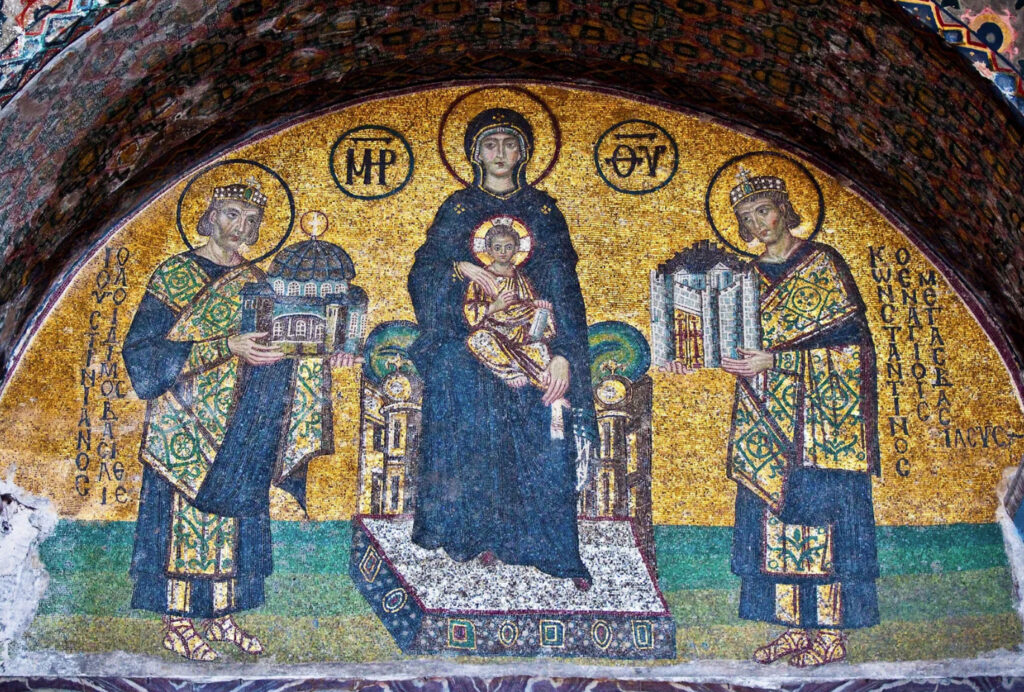Many of our religious celebrations and secular holidays can be traced back to practices and traditions in Ancient Rome and earlier cultures. However, it may come as a surprise to learn that it was Emperor Constantine (272 – 337AD) who decided when Easter should be celebrated.
In the Christian religious tradition, Easter marks the crucifixion of Jesus, the son of God, on Good Friday and his resurrection three days later on Easter Sunday. Although there is speculation among historians about how the Jewish festival of Passover became the basis for the Christian festival of Easter, the intriguing connection is no coincidence.
The Exodus, when God liberated the Hebrews from slavery in Egypt, is said to have taken place sometime between 1450 and 1270 BC. The annual festival of Passover (Pesah/Pesach) has been celebrated in March or April ever since. This means that it would have been a long-held tradition when the new religion of Christianity came along with the birth, and death, of Jesus.
Emperor Constantine, who was the first Roman emperor to convert to Christianity, felt that Easter should not be linked to a festival belonging to a different religion. He decreed that Easter should take place on the first Sunday following the first new moon in Spring – which is why Easter varies every year, sometimes at the end of March and in other years, towards the end of April.

